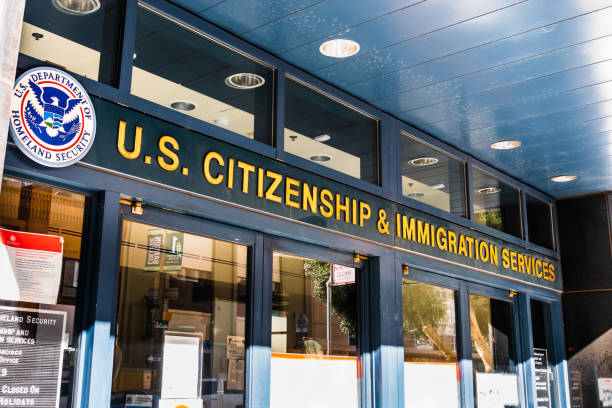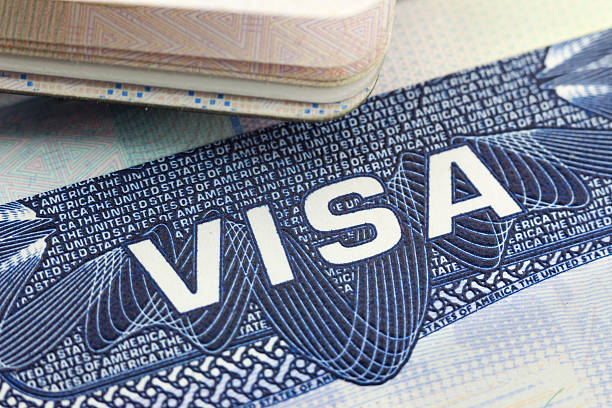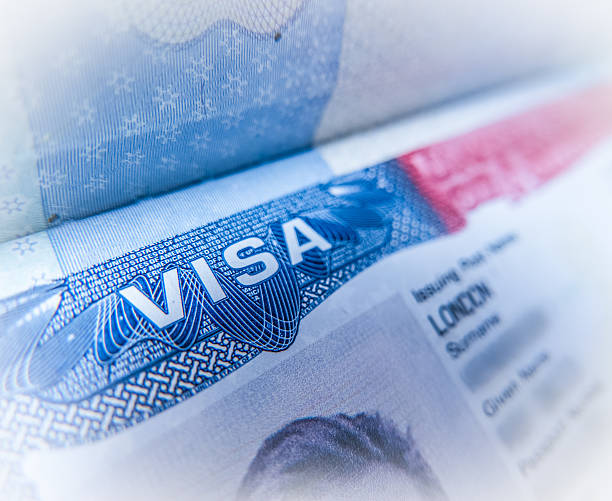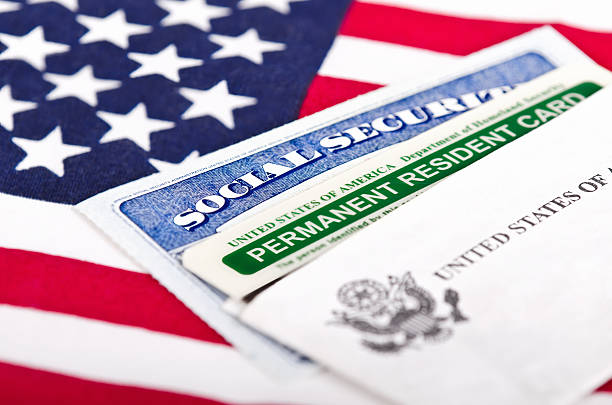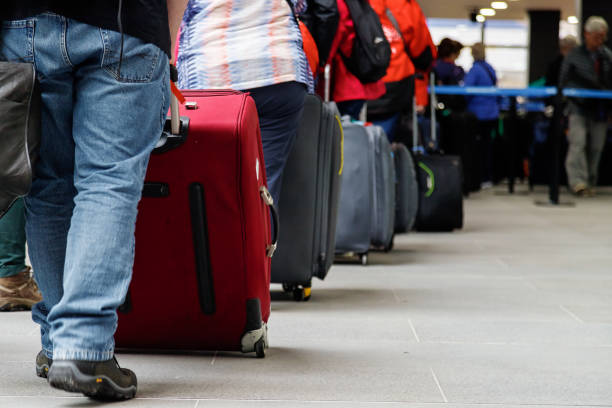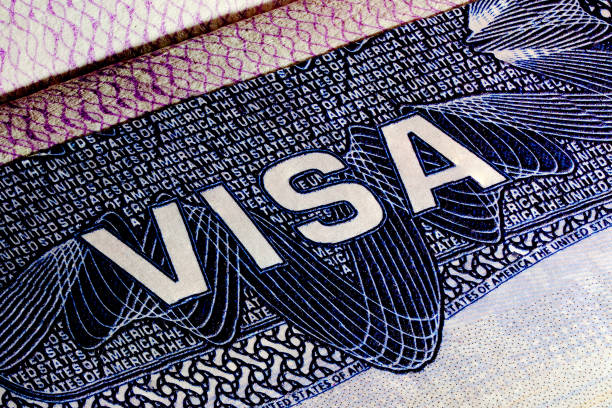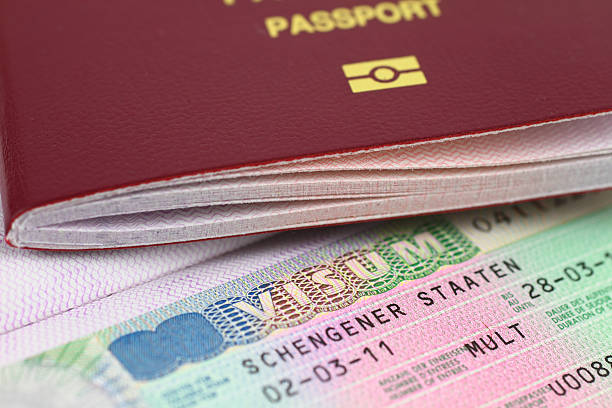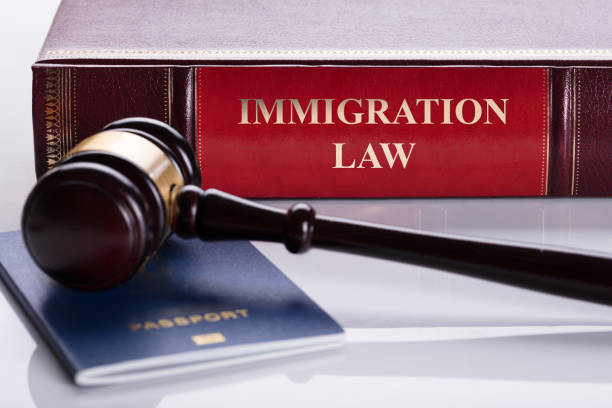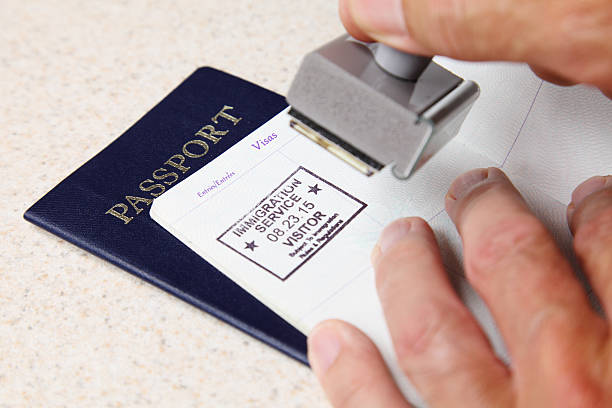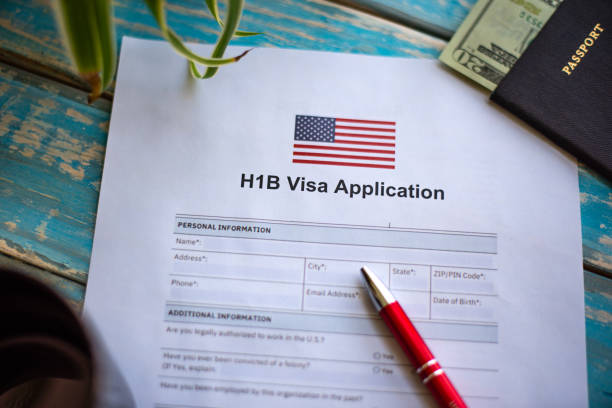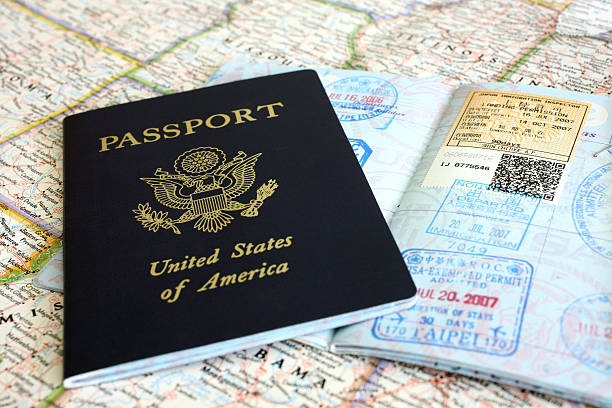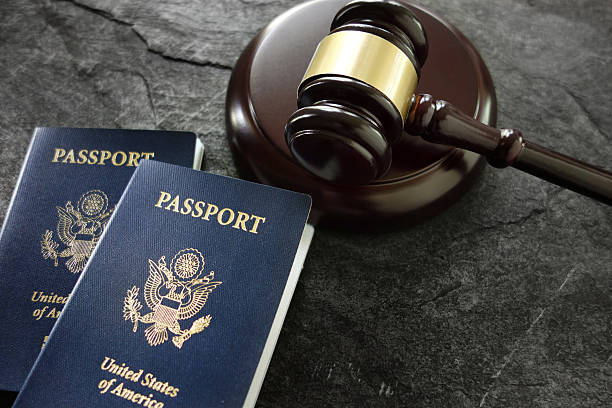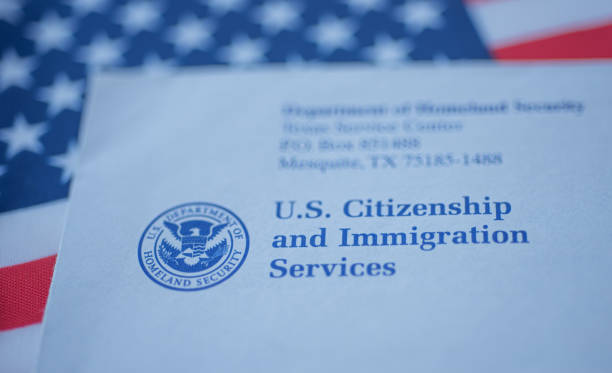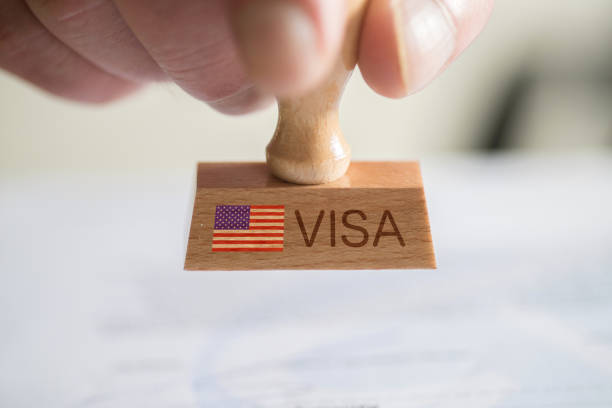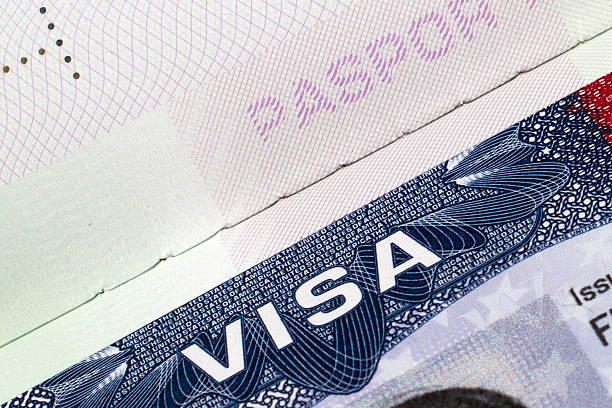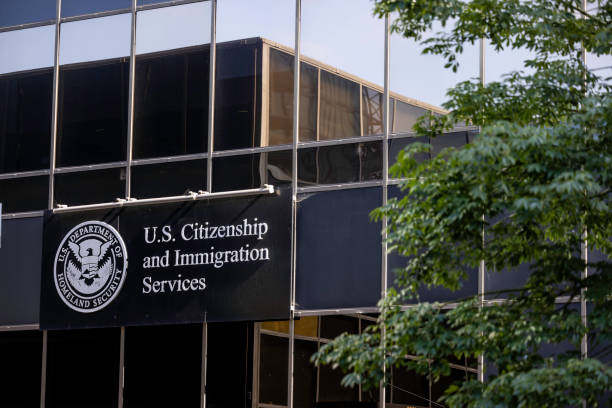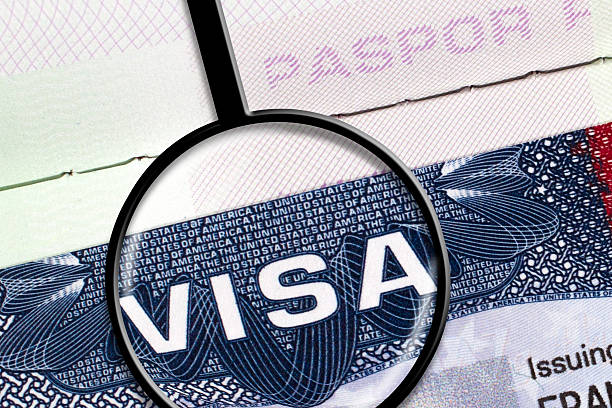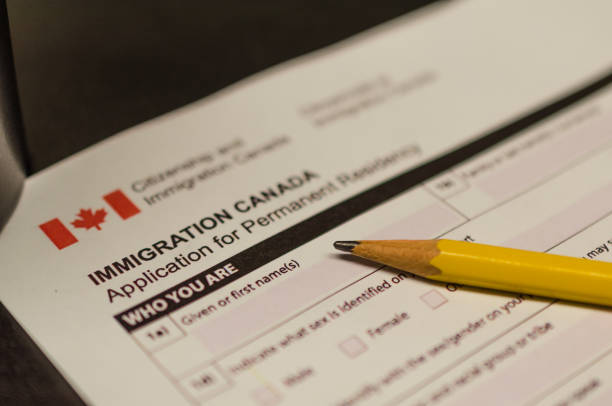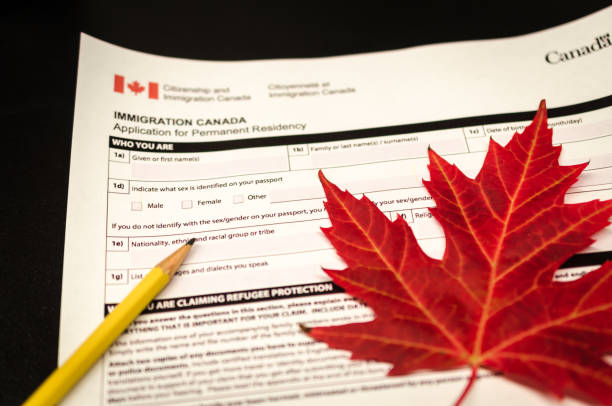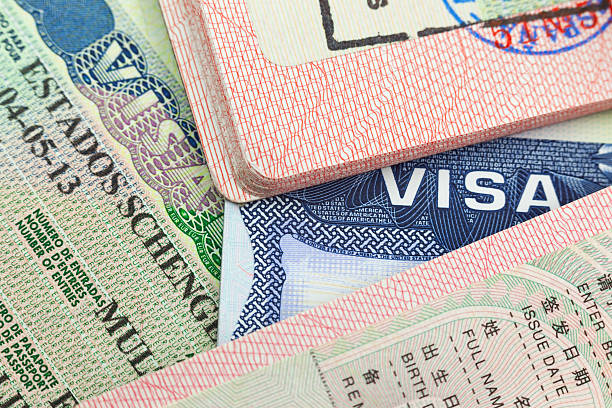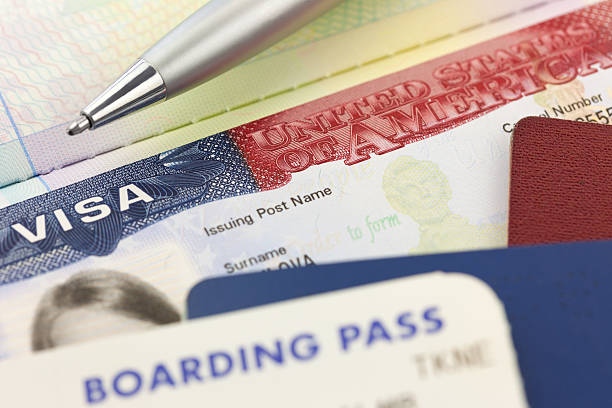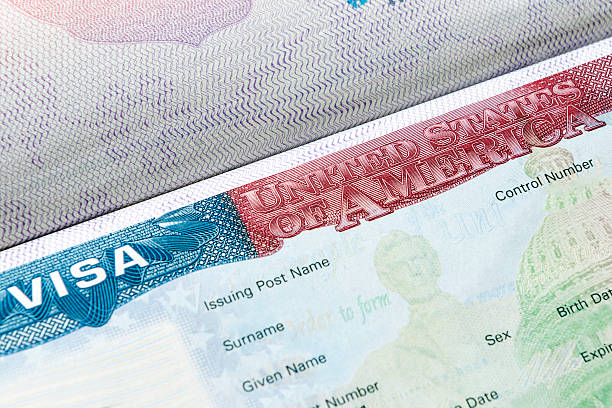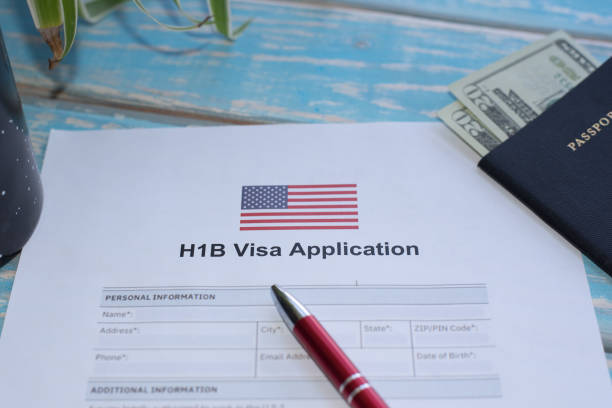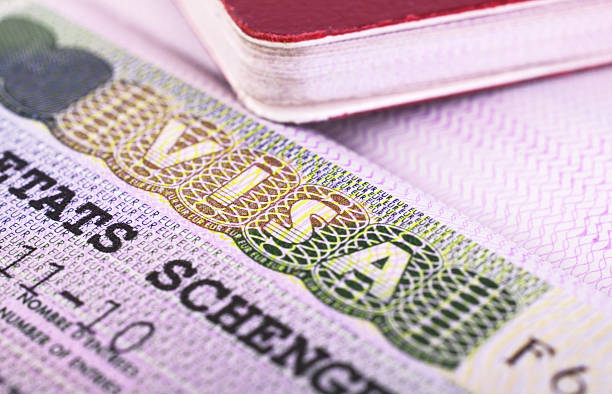
How to Choose the Best Country for Your Immigration Needs
How to Choose the Best Country for Your Immigration Needs
Choosing the right country for immigration is a significant decision that can affect your life and future opportunities. Different countries offer varying benefits, challenges, and processes for immigrants. This guide provides a comprehensive approach to selecting the best country based on your personal, professional, and lifestyle needs.
1. Assess Your Personal and Professional Goals
Start by evaluating your personal and professional goals. Consider what you want to achieve through immigration, including career advancement, education, quality of life, or family reunification.
1.1. Career Opportunities
If career advancement is your primary goal, research countries with strong job markets in your field. Look for countries with high demand for your skills and qualifications. For example, Canada and Australia have robust immigration programs targeting skilled workers.
Check the U.S. Bureau of Labor Statistics for information on job markets and demand in different regions.
1.2. Education
If you are seeking higher education opportunities, consider countries with renowned universities and educational institutions. The UK, USA, and Australia are popular destinations for international students.
1.3. Quality of Life
Quality of life factors such as healthcare, safety, and overall well-being play a crucial role in choosing the right country. Research countries with high quality of life rankings, such as Switzerland and Norway.
Refer to the Numbeo Quality of Life Index for comparative data.
2. Research Immigration Policies and Processes
Each country has its own immigration policies, requirements, and processes. Understanding these is crucial for a smooth immigration experience.
2.1. Visa and Residency Requirements
Review the visa and residency requirements for each country. Some countries have specific visas for skilled workers, students, or entrepreneurs. Ensure you meet the eligibility criteria and understand the application process.
Visit the official immigration websites of countries like New Zealand Immigration or Canadian Immigration for detailed information.
2.2. Processing Times
Consider the processing times for visa and residency applications. Some countries have faster processing times than others, which may influence your decision based on how quickly you need to relocate.
3. Evaluate Cost of Living and Financial Considerations
The cost of living varies widely between countries and can impact your decision. Assess your budget and financial situation to ensure you can afford living expenses in your chosen country.
3.1. Cost of Living
Research the cost of living in potential destinations, including housing, transportation, and daily expenses. Countries with a higher cost of living may require a higher income to maintain a similar lifestyle.
Use tools like Numbeo Cost of Living Index for comparative data on living costs.
3.2. Financial Support and Benefits
Investigate the financial support and benefits available to immigrants, such as healthcare, child benefits, and housing assistance. Some countries offer better social services and support for new residents.
4. Consider Language and Cultural Fit
Language and cultural compatibility can significantly impact your adjustment to a new country.
4.1. Language Requirements
Determine if you are proficient in the official language of your chosen country or if you are willing to learn. Some countries have language requirements for residency and citizenship, while others are more multilingual and diverse.
4.2. Cultural Adaptation
Consider how well you and your family can adapt to the local culture and lifestyle. Research cultural norms, traditions, and community support available to immigrants. This can help ease the transition and improve your overall experience.
Explore resources such as Expatica for insights into cultural adaptation in various countries.
5. Explore Local Communities and Support Networks
Finding a supportive community can make a significant difference in your immigration experience.
5.1. Expat Communities
Research the presence of expat communities and support networks in your chosen country. These communities can offer valuable advice, social connections, and practical support during your transition.
5.2. Local Services
Look into local services and resources available to immigrants, such as legal assistance, language classes, and integration programs. Access to these services can ease the settling process and provide essential support.
6. Seek Professional Advice
Consulting with an immigration consultant or lawyer can provide personalized guidance and help you navigate complex immigration processes.
Consider contacting organizations such as Immigration Lawyers UK or American Immigration Lawyers Association for professional advice and assistance.
Conclusion
Choosing the best country for your immigration needs involves careful consideration of your personal and professional goals, understanding immigration policies, evaluating financial aspects, and assessing language and cultural fit. By conducting thorough research and seeking professional advice, you can make an informed decision that aligns with your aspirations and ensures a successful transition to your new home.








